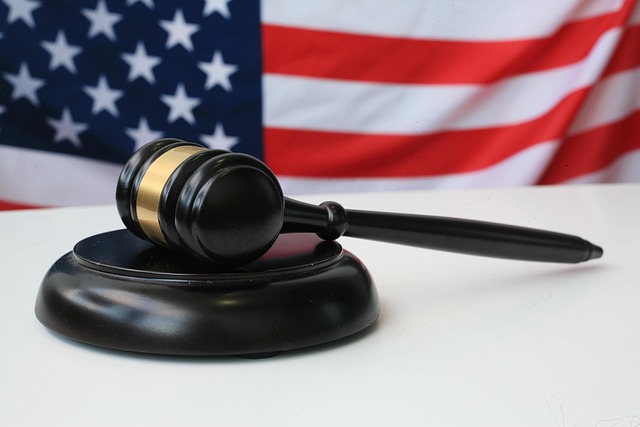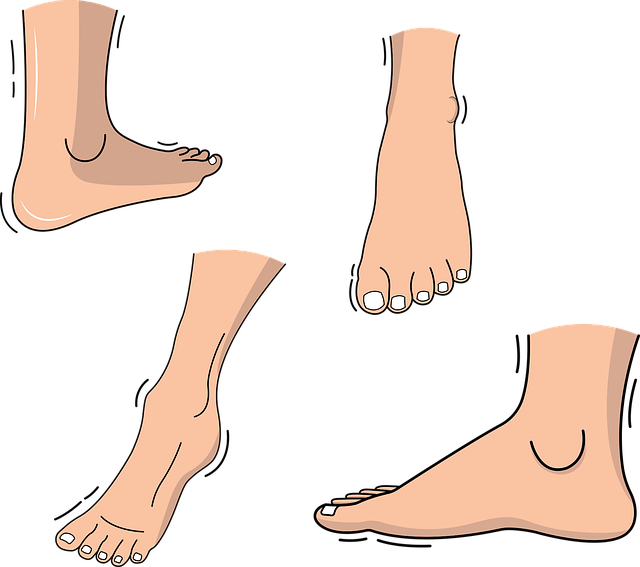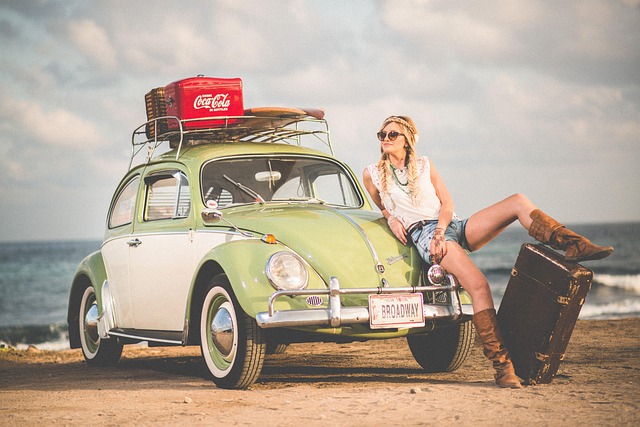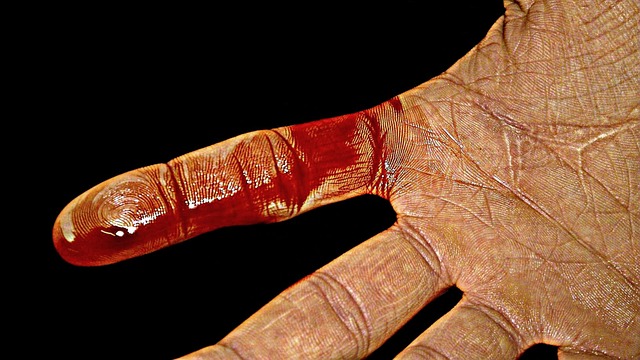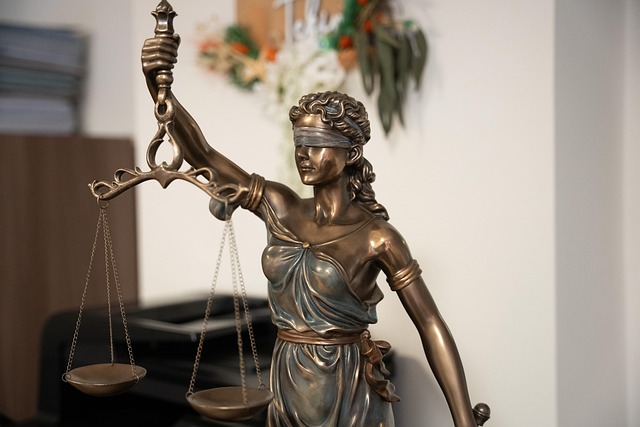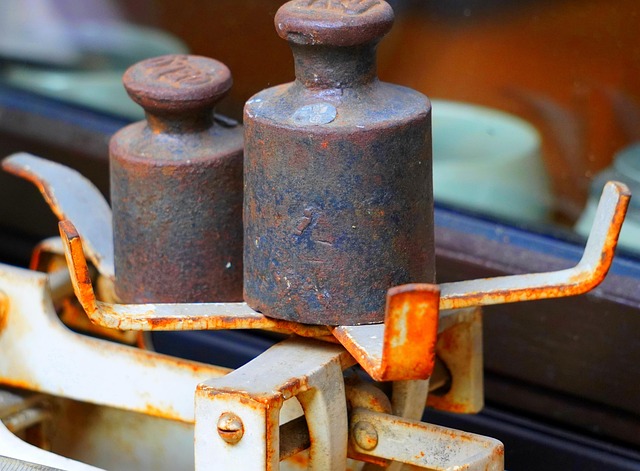Elderly individuals are at heightened risk for slip and fall injuries due to age-related factors, health conditions, and environmental hazards. To prevent these injuries, caregivers should conduct home safety assessments, install modifications like handrails and ensure adequate lighting, remove tripping hazards, encourage balanced lifestyles through tailored exercises, and maintain regular cleaning and safe outdoor environments. By implementing these strategies, fall risks are significantly reduced, mitigating personal injury claims and potential real estate disputes related to negligence.
Protecting our elderly loved ones from slip and fall injuries is paramount as they age. These incidents, often seemingly minor, can lead to significant injuries, impacting quality of life. This article delves into understanding the unique risks older adults face, offering practical strategies to fortify their home and outdoor environments against potential hazards. By implementing these measures, we can help ensure our seniors navigate their world with enhanced safety and peace of mind.
- Understanding Slip and Fall Risks for Elderly Individuals
- Strategies to Prevent Falls in the Home Environment
- Ensuring Safe Outdoor Spaces for Seniors
Understanding Slip and Fall Risks for Elderly Individuals

Elderly individuals are particularly vulnerable to slip and fall injuries due to various factors related to aging. Their balance and coordination often decline with age, making them more susceptible to falling on everyday surfaces like carpets, tiles, or even uneven pavement. Additionally, age-related health conditions such as arthritis, osteoporosis, and cardiovascular diseases can further weaken their physical state, affecting their ability to recover from a fall. These risks are exacerbated by environmental factors in their living spaces, such as poor lighting, cluttered floors, or uneven flooring surfaces.
Understanding these risks is the first step towards preventing slip and fall injuries among the elderly. Caregivers and family members should conduct regular home safety assessments to identify potential hazards and make necessary modifications. This may involve installing handrails in bathrooms, ensuring adequate lighting throughout the house, and removing loose rugs or objects that could cause a tripping hazard. Moreover, promoting a balanced lifestyle through regular exercises tailored for older adults can significantly reduce the risk of falls by improving strength, flexibility, and overall mobility.
Strategies to Prevent Falls in the Home Environment

Creating a safe home environment is key to preventing slip and fall injuries among the elderly. Some effective strategies include regular cleaning and removing potential hazards like slippery mats, loose wires, or uneven floor surfaces. Ensuring adequate lighting in all areas, especially at night, can significantly reduce the risk of falls. Additionally, installing grab bars in bathrooms and along staircases provides much-needed support for frail individuals.
Beyond physical modifications, encouraging regular exercise tailored to their abilities can improve balance and strength. A partnership between family members and healthcare providers to monitor mobility issues and address them promptly is also crucial. Regular reviews of medication side effects and a general assessment of home safety can prevent falls from becoming serious slip and fall injuries, avoiding potential car accident injuries or exacerbating existing conditions that could lead to personal injury claims.
Ensuring Safe Outdoor Spaces for Seniors
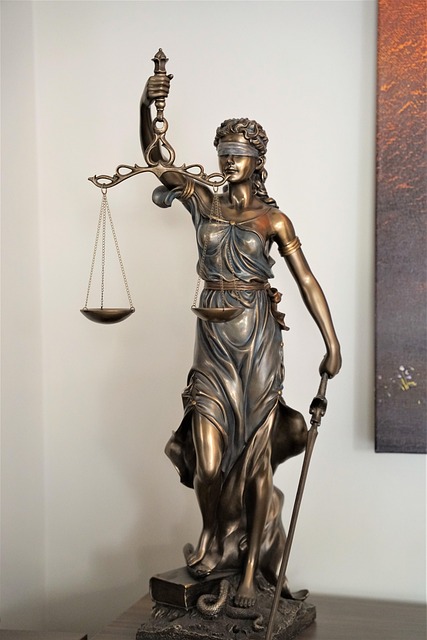
Creating a safe outdoor environment is essential to preventing slip and fall injuries among elderly loved ones. This involves regular maintenance and modifications to ensure seamless mobility and stability for seniors. Simple yet effective measures include repairing uneven surfaces, installing proper lighting, and adding handrails on stairs or walkways. These precautions significantly reduce the risk of falls, especially in areas like gardens or verandas which often present tripping hazards due to loose stones or poor visibility.
Designing outdoor spaces with age-appropriate features is crucial from a product liability perspective. Real estate disputes can arise if injuries occur due to negligence in maintaining these areas. Therefore, ensuring the safety of seniors through proper upkeep and thoughtful design can help avoid potential breaches of fiduciary duty towards their care.
Protecting our elderly loved ones from slip and fall injuries is a multifaceted approach that requires understanding their unique risks, implementing preventative measures at home and outdoors, and fostering a safe environment. By acknowledging the vulnerability of seniors and adopting proactive strategies, we can significantly reduce the likelihood of these incidents, ensuring they live active and independent lives with enhanced safety and peace of mind.
